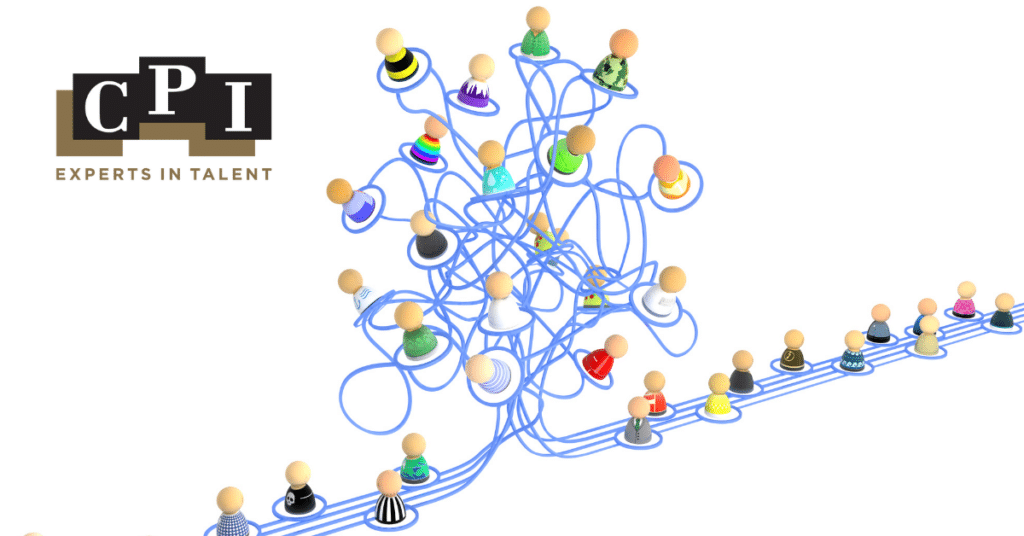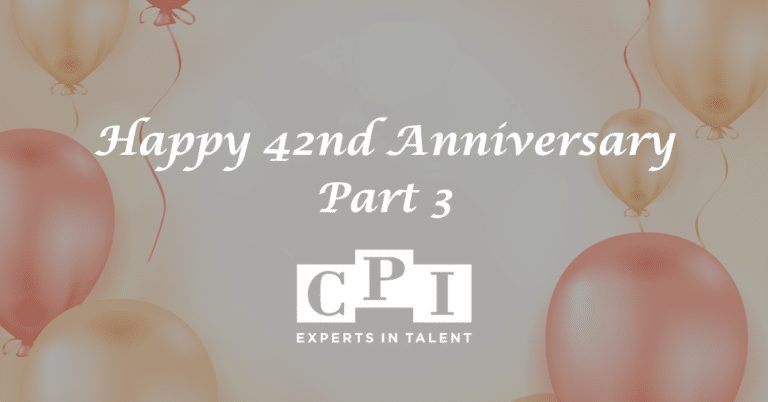What does it mean to be a disruptor? The concept of “disruptive innovation” was introduced in 1997 by Harvard Business School professor Clayton Christensen. It describes a creative product or idea, usually by an up-and-coming company with fewer resources, that disrupts an existing market, sometimes even taking it over. Disruptors are most often associated with the fast-moving tech industry.
Being a disruptor in the context of job seeking usually refers to a person who seeks to bring about significant and positive changes within an industry or organization. Disruptors are individuals who challenge the status quo, question traditional methods, and introduce innovative approaches to solve problems. This term is often associated with entrepreneurship and the startup culture, where disruptors aim to revolutionize established industries.
When looking for a new job, being a disruptor can set you apart from other candidates. Here are some characteristics and actions associated with being a disruptor in the job search context:
- Innovation and Creativity: Disruptors are known for their innovative thinking and creative problem-solving skills. Highlighting instances where you’ve introduced new ideas or approaches in your previous roles can demonstrate your ability to think outside the box.
- Adaptability: Disruptors are adaptable and open to change. Emphasize your ability to adapt to new technologies, methodologies, and industry trends. Showcase instances where you successfully navigated through changes and embraced new challenges.
- Entrepreneurial Spirit: Even if you’re not an entrepreneur, embodying an entrepreneurial spirit means being proactive, taking ownership, and being results-oriented. Discuss how you’ve taken initiative or led projects that had a significant impact.
- Risk-Taking: Disruptors often take calculated risks. Discuss situations where you took calculated risks in your previous roles and how they led to positive outcomes.
- Continuous Learning: Disruptors are lifelong learners. Showcase your commitment to professional development, whether it’s through certifications, courses, or staying updated on industry trends.
- Impact Orientation: Disruptors are focused on creating positive impact and value. Provide examples of how your contributions have made a difference in previous roles, whether it’s through efficiency improvements, cost savings, or revenue growth.
- Networking and Collaboration: Disruptors often collaborate with diverse groups of people. Highlight instances where you’ve successfully collaborated with cross-functional teams, bringing together individuals with different skills and perspectives.
- Communication Skills: Disruptors are effective communicators. Emphasize your ability to communicate complex ideas in a clear and compelling manner, as well as your capacity to inspire and motivate others.
Remember that being a disruptor doesn’t necessarily mean being a rule-breaker or causing chaos. It’s about making positive, impactful changes that contribute to the growth and evolution of an organization or industry. Tailor your resume, cover letter, and interview responses to showcase how you embody these qualities and how they align with the prospective employer’s needs and goals.



